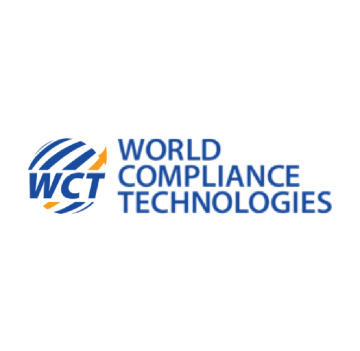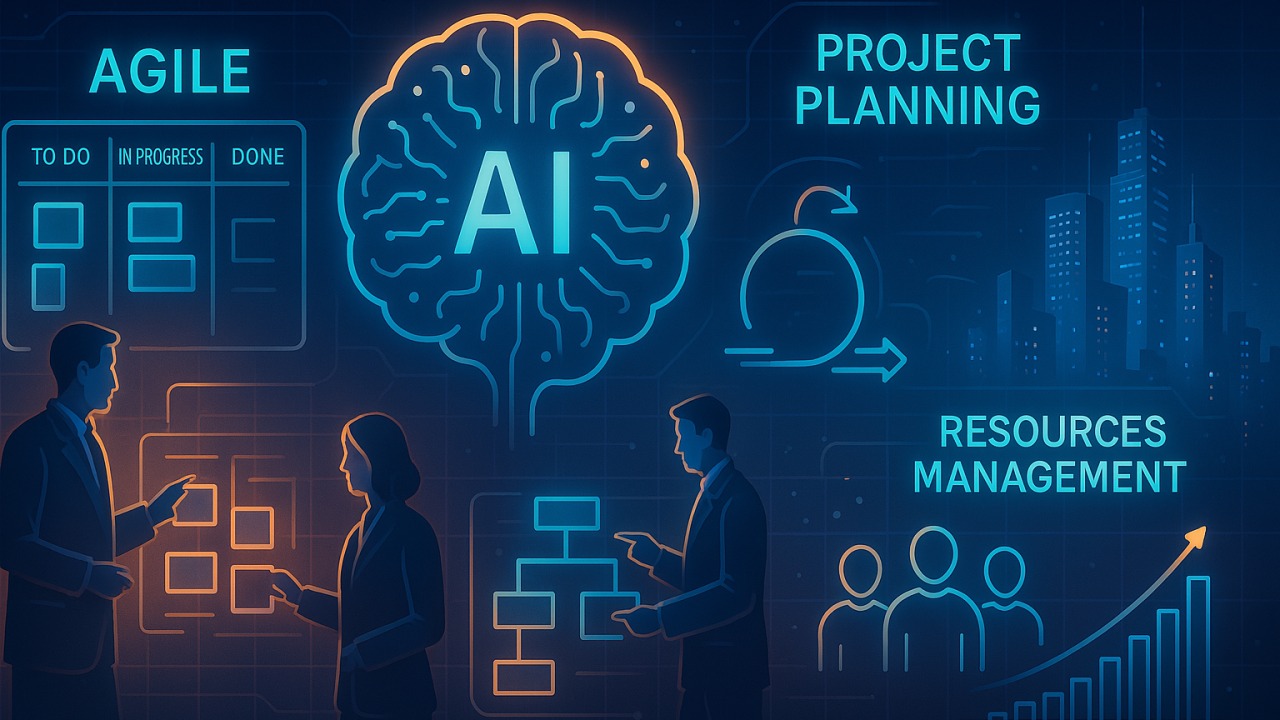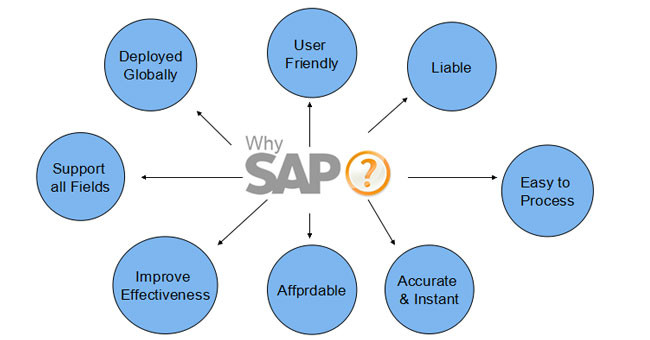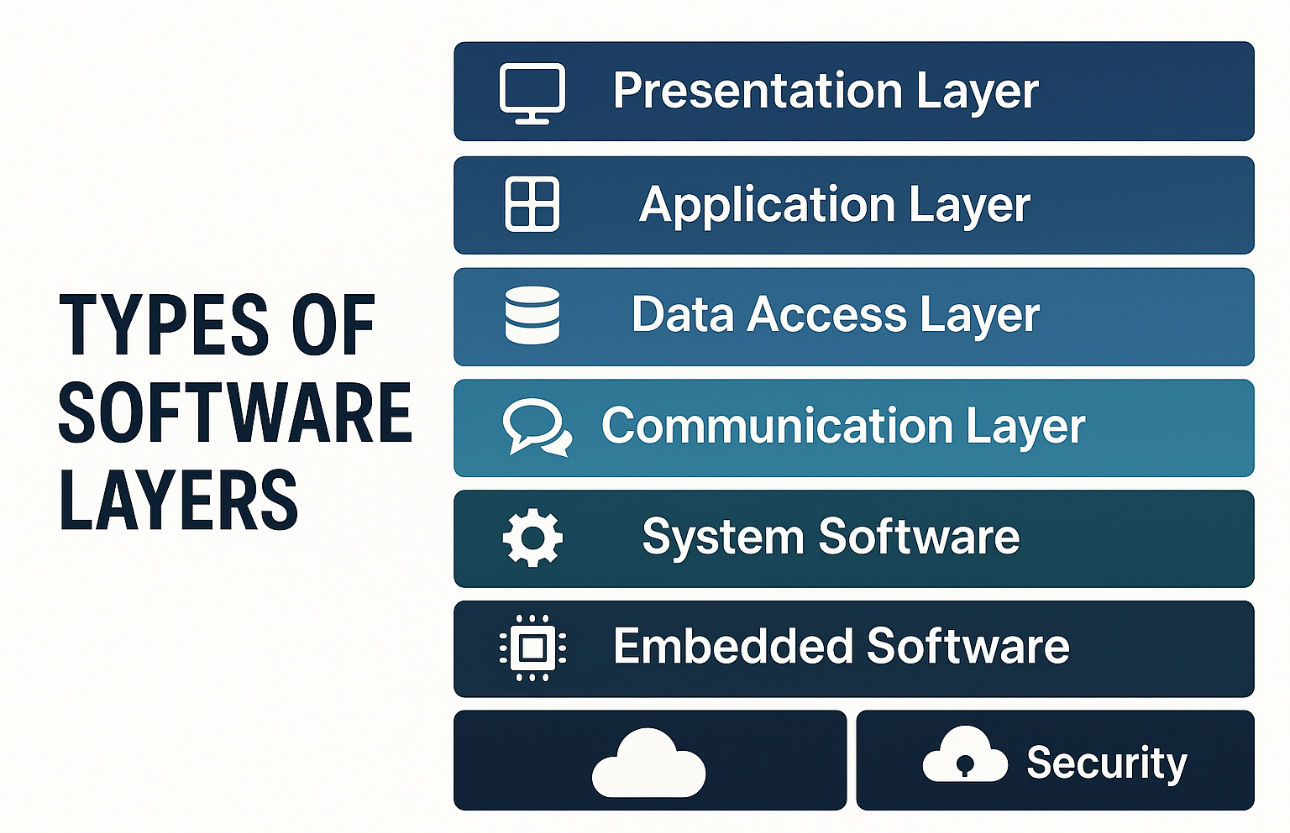GlobalVox as an organization has evolved with the culture of giving back to the society, and giving back to the society needless be in the form of charities but also other vehicles through which you can cater to mass towards a better future. GlobalVox is committed to improving public outcomes through a focus on people. GlobalVox likes to be challenged by complex issues facing the public sector and develop relevant, timely and sustainable solutions for its clients. In the world which is radically changing, change is increasingly the only constant. Knowing this the government organizations will have the need to become far more agile and learn how to adapt to citizens effectively and efficiently on delivering their missions.

The rapidly changing landscape of public transport sector looks to leave the impact of COVID-19 behind and boldly embraces the future. The fundamental and deciding pillars which heavily influences the modern shaping of the government transport arena are influenced by customer / political and economic / environmental / technology / and regulatory compliances. Traditionally provided by heavily subsidized public-sector bodies operating discrete/siloed transport modes, the traditional model of public transport service delivery is being challenged as never before. New market entrants are changing the last-mile equation through enhanced services and convenient new offerings. Priorities are shifting as decision-makers are getting influenced by voice of their constituents and look beyond the operation of transport infrastructure, fleets and workforce to fully consider the advantages of a connected, 21st-century ecosystem
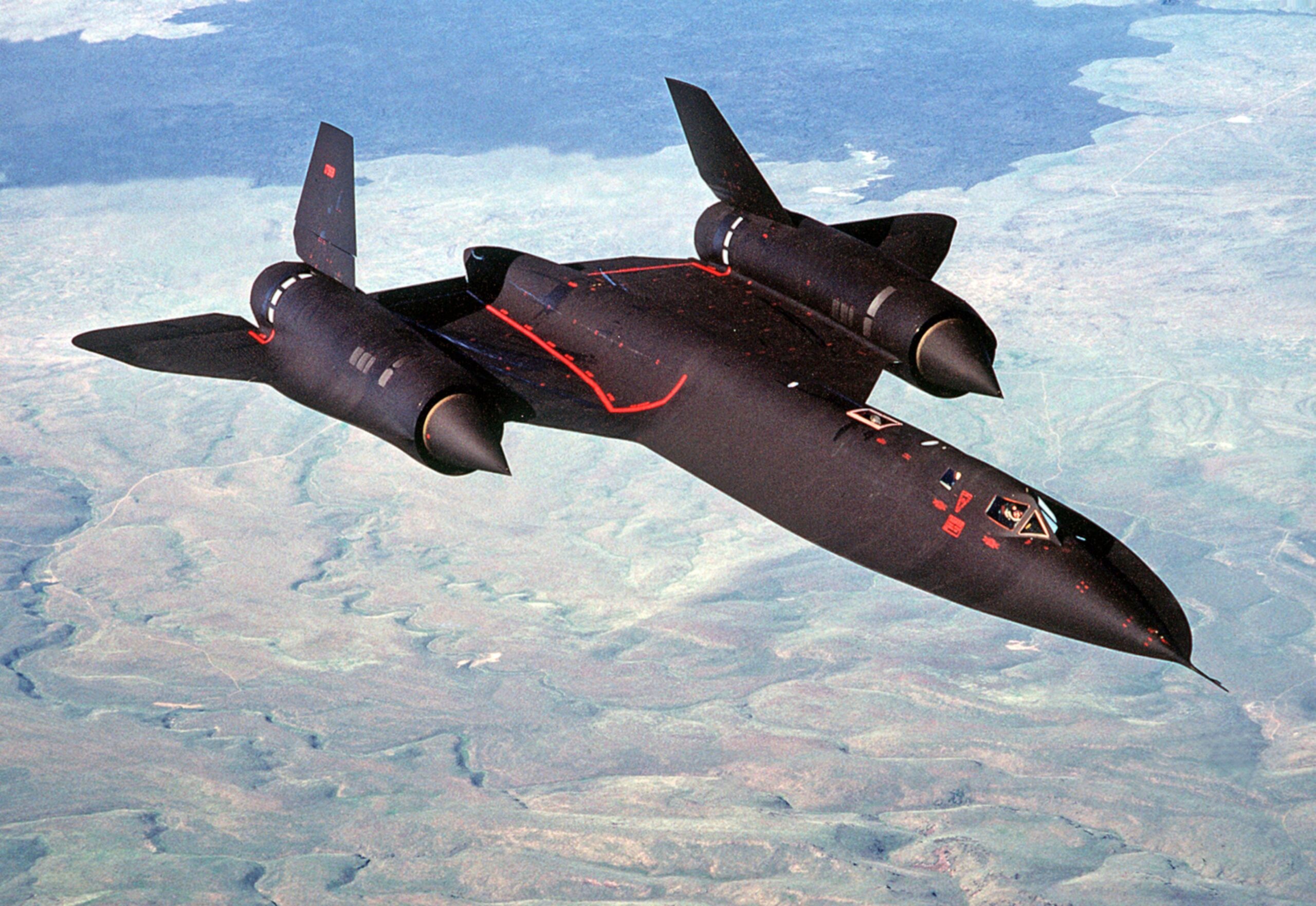
Sustainable aviation: Climate change and environmental concerns are driving the aviation industry to reduce its carbon footprint and adopt sustainable aviation practices, such as the use of biofuels and electric aircraft.
Technological advancements: Advances in technology, such as artificial intelligence, blockchain, and the Internet of Things, could transform the way airlines and airports operate, improving safety, efficiency, and the passenger experience.
Passenger demand: Changes in consumer behavior and preferences, such as increased interest in sustainable travel or the demand for more personalized experiences, could drive changes in airline operations and services.
Globalization: The aviation industry is becoming increasingly globalized, with growing demand for air travel in emerging economies, new routes and markets, and increasing competition among airlines.
Regulatory environment: Regulations and policies, such as safety regulations, security measures, and trade agreements, will continue to shape the aviation industry and influence airline operations.
The future of technology in criminal justice is likely to be shaped by a variety of trends and factors. Some potential developments that could influence the future of technology in criminal justice include:
Predictive analytics: The use of predictive analytics in criminal justice could become more widespread, allowing law enforcement to identify patterns and predict criminal activity before it occurs.
Surveillance technologies: The development and adoption of advanced surveillance technologies, such as facial recognition and biometric identification, could enable more efficient and effective tracking of suspects and offenders.
Body-worn cameras: Body-worn cameras could become more common among law enforcement officers, providing a record of interactions with the public and increasing accountability.
Virtual and augmented reality: Virtual and augmented reality technologies could be used in training for law enforcement officers and for crime scene reconstruction and analysis.
Cybersecurity: As technology becomes increasingly integrated into criminal justice systems, cybersecurity will become an increasingly important issue, with a need for robust security measures to protect against cyber threats.
Automation: The automation of certain tasks in the criminal justice system, such as case management and record-keeping, could help reduce the workload of criminal justice professionals and increase efficiency.
Technological advancements: New technologies, such as autonomous vehicles, smart grids, and 5G networks, could reshape the way cities function and how people interact with urban spaces.
Increased focus on sustainability and resilience: Cities may continue to prioritize sustainability and resilience measures, such as green infrastructure, renewable energy, and climate adaptation strategies.
Emphasis on livability and quality of life: Urban planners may prioritize efforts to create more walkable, bikeable, and transit-friendly communities, as well as investments in parks, public spaces, and cultural amenities.
Overall, the future of urban development is likely to be shaped by a complex mix of factors, and it will be important for urban planners and policymakers to balance competing priorities and ensure that development is equitable and sustainable.
GlobalVox believes below government verticals are on the tipping of overhauling their technology stacks and adapting to the newer needs and demands of the citizens
The future of technology in defense and security may be shaped by a variety of factors. Some potential trends that could influence the future of technology in defense and security include:
Artificial intelligence and machine learning: Advances in artificial intelligence and machine learning are likely to revolutionize defense and security by enabling more accurate and efficient decision-making, as well as the automation of tasks such as surveillance and threat detection.
Cybersecurity: As cyber threats continue to evolve, defense and security organizations will need to adopt new technologies and approaches to protect against cyber attacks and ensure the integrity of their systems and data.
Autonomous systems: Autonomous systems such as drones, robots, and unmanned vehicles are becoming increasingly important in defense and security, enabling more efficient and effective operations in areas such as surveillance, reconnaissance, and logistics.
Quantum computing: Quantum computing has the potential to revolutionize defense and security by enabling faster and more accurate simulations, modeling, and analysis of complex data.
Biotechnology: Advances in biotechnology, including gene editing and synthetic biology, could have important implications for defense and security by enabling the development of new materials, sensors, and medical treatments.
We are in the age of accelerating digital and economic disruption, many revenue agencies recognize that yesterday’s taxation models—and the systems that support them—can no longer keep pace with the technology revolution reshaping our world. These are modern day realities that worlds revenue agencies face.
Digital transformation: The increasing digitization of society and the economy is likely to transform the regulatory landscape, with new regulations and policies needed to address issues such as data privacy, cybersecurity, and emerging technologies such as artificial intelligence and blockchain.
Globalization: The increasing interconnectedness of the global economy is likely to lead to increased collaboration and coordination among regulatory bodies across borders, as well as new regulations and policies needed to address cross-border issues such as trade, finance, and environmental protection.
Sustainability: The growing concern over climate change and the need for sustainable development is likely to lead to new regulations and policies focused on environmental protection, energy efficiency, and responsible business practices.
Social and political pressures: Social and political pressures, such as increasing public demand for transparency and accountability, are likely to drive regulatory reforms and changes in regulatory frameworks in areas such as healthcare, finance, and consumer protection.
Technological innovation: Advances in technology are likely to challenge existing regulatory frameworks and require new regulations and policies to address emerging issues such as autonomous vehicles, artificial intelligence, and biotechnology.

Some potential trends that could influence the future of technology in government include:
Digital transformation: Governments are increasingly digitizing their operations and services, and this trend is likely to continue as more and more citizens and businesses expect to interact with government online. This could lead to greater efficiency, transparency, and citizen engagement.
Artificial intelligence and automation: Governments are exploring the use of artificial intelligence and automation in a variety of areas, from fraud detection and cybersecurity to healthcare and social services. This could lead to more accurate and efficient decision-making and better outcomes for citizens.
Blockchain: Governments are exploring the use of blockchain technology to improve transparency, security, and efficiency in areas such as identity management, voting, and supply chain management.
Internet of Things: The Internet of Things (IoT) is enabling governments to collect and analyze data in real-time, leading to better decision-making and improved services. For example, cities are using IoT sensors to monitor traffic, air quality, and other environmental factors to improve urban planning and sustainability.
Cybersecurity: As governments increasingly rely on technology to deliver services and collect data, cybersecurity will become an increasingly important issue. Governments will need to invest in robust cybersecurity measures to protect against cyber threats and ensure the integrity of their systems and data.


